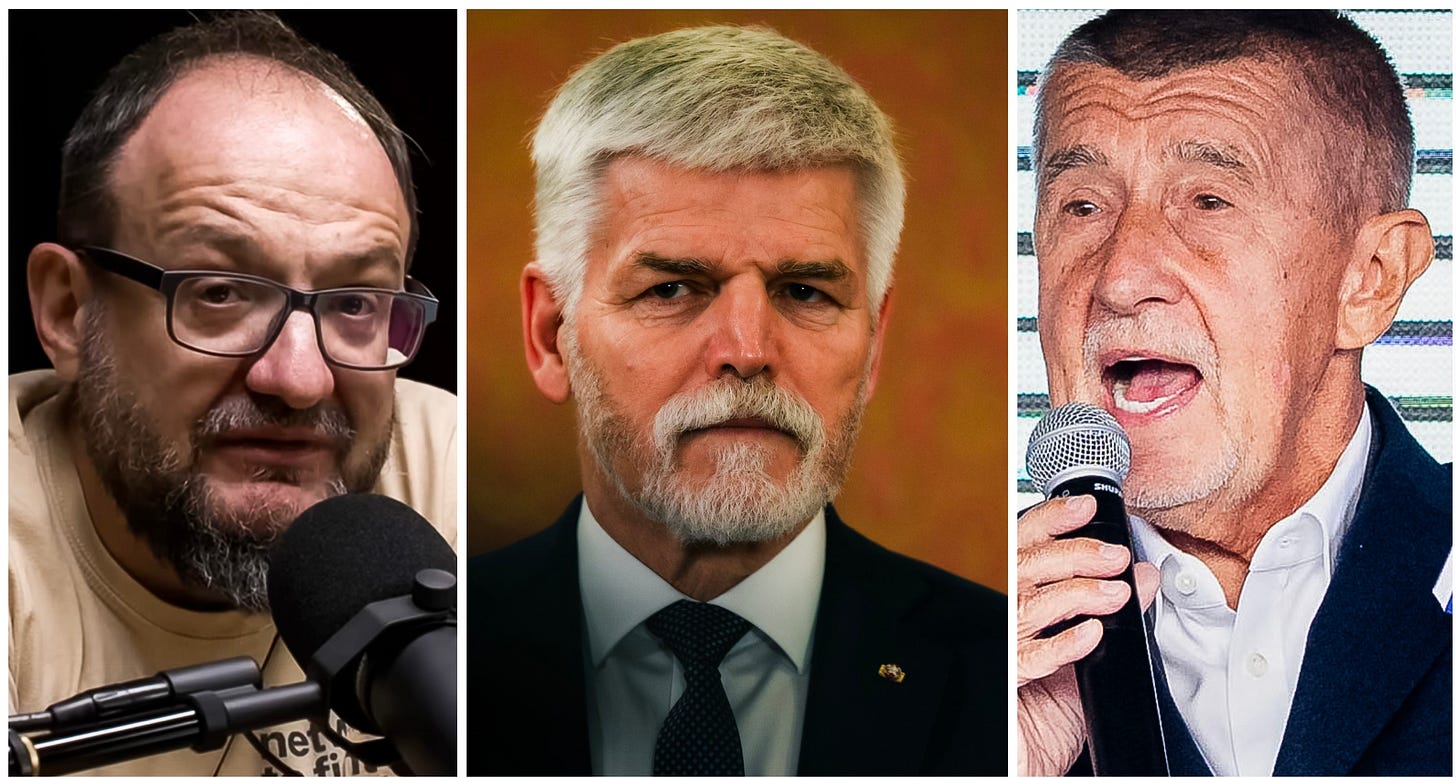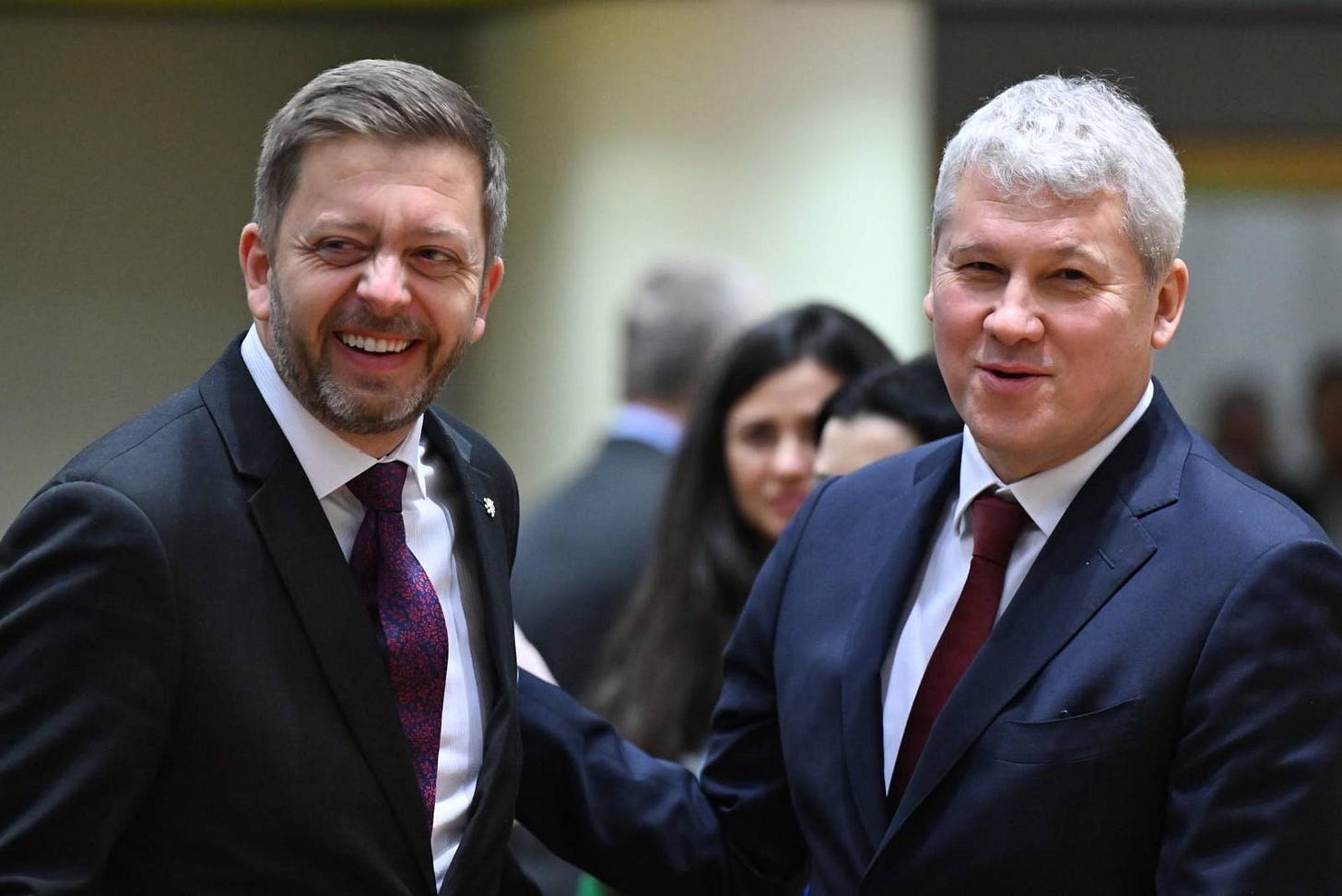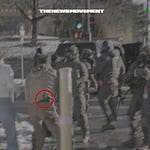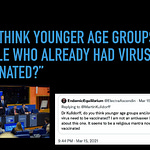Almost 1,000 accounts on TikTok are promoting pro-Russian narratives in support of “extremist” parties ahead of this week’s elections in the Czech Republic, according to a Czech intelligence agency and a group of analysts who identify as the “Center for Online Risk Research.” And some in the Czech news media are suggesting that Russia may be behind the accounts.
“Secret services have discovered hundreds more pro-Russian accounts that want to influence the election,” reported Denik N, a Czech news publication, this morning. “They have millions of views.”
But neither BIS nor the Center for Online Risk Research says they can link the Russian government to any of the accounts. “We don’t know,” said researcher Vendula Prokůpková to Public. “We don’t have the tools to find out.” The BIS declined to comment.
A TikTok spokesperson told Public, “We have proactively implemented additional safety and security measures ahead of the elections in Czechia, including an in-app Election Center to provide access to authoritative information about the vote. We continue to aggressively counter deceptive behaviour, and we have already prevented and removed millions of fake likes and follow requests in Czechia since the start of August.”
Notably, the Czech media and the Center are making similar arguments to those used by a Romanian court last year to nullify the presidential election, which legal scholars viewed as unconstitutional.
The case may seem unimportant to Americans, given the relatively small size of the Czech Republic, which has 11 million people, and since the Romanian intelligence agencies made stronger claims about Russian interference than the Czech BIS or the Center for Online Risk Research have made.
And the possibility remains that Russia, or Russia-linked bot networks, are indeed engaged in algorithm manipulation to help the Czech parties opposed to continuing arming of Ukraine. In Romania, intelligence officials accused the Russians of creating fake accounts and manipulating algorithms.
But the information comes at a moment when Internet censorship is a sticking point between the Trump administration and the EU over a trade deal, and just days after the European Commission leaked plans that it could fine Meta’s Instagram and Facebook up to six percent of its global revenue if it doesn’t make it easier for users to flag posts for censorship. The Commission is currently investigating Facebook and Instagram for supposed failure to stop “disinformation” and “deceptive advertising” in advance of last year’s European Parliament elections.

The EU has made no secret of its desire to censor social media worldwide, not just in Europe.
Meanwhile, Americans are obligated under NATO to defend both Romania and the Czech Republic, and the NATO treaty requires its members to hold free and fair elections, which Romania did not do. Romania’s intelligence officials presented no evidence to support their claims, and subsequent analyses revealed that the Romanian ruling party had funded at least some of the allegedly pro-Russian TikTok accounts.
Where the Romanian TikTok accounts supposedly promoted a right-wing populist, the Czech Center claims that the Czech language TikTok posts, back the “far-right SPD party, which ranks third in most polls with around 13% support, and the far-left Stacilo!,” according to Reuters, “which is gaining just over the 5% threshold needed to secure parliamentary seats.”
Notes Reuters, “Both parties advocate for Czechia to leave NATO and the European Union.”
Prokůpková said, despite its name, that “Center for Online Risk Research” is “not an organization. We are an initiative.” However, she also said, “My partner is the CTU,” referring to the Czech government’s Telecommunications Office. This office organized a meeting on August 29th due to the upcoming Czech elections, which was attended by the European Commission, Google, Meta, Microsoft, TikTok, and X. “The participants discussed their readiness to address potential systemic risks in connection with the parliamentary elections and respond to possible incidents,” a European Commission spokesperson told Public today.
Prokůpková also said, “I proceed in accordance with the DSA,” the EU’s Digital Services Act, which entitles anyone to report false accounts or misinformation on social media to the Czech Telecommunications Office.”We are ordinary citizens and we use the R programming language,” she explained.
One of the Center’s members is Josef Šlerka, who collaborated with “The Organized Crime and Corruption Reporting Project,” which the US State Department created in 2008, and which the USAID funded.
After President Trump cut off USAID funding, the European Commission began to financially support OCCRP.
In January, Šlerka and the director of the Czech government’s Security Information Service (BIS), the equivalent of the FBI and DHS in the US, briefed Czech members of Parliament about the Romanian TikTok case as a potential model for the Czech Republic. Now, the BIS has sent a report on Czech-speaking pro-Russian TikTok accounts to the president, prime minister, and Czech Telecommunications Office.
Earlier this year, a Czech Army group admitted to monitoring opposition figures. Leaked documents show the group monitored “the opinions and attitudes of these [opposition] individuals towards the activities of the Ministry of Defense, its leaders, senior representatives of the Czech army, and the war in Ukraine.”
General Karel Řehka later defended the Army’s actions by alleging that it was just a military exercise in case of possible future interference in the elections.
A few weeks ago, Romania’s Interior (security) Minister said the intelligence agencies of the Czech Republic and those in other nations admire what Romania did. “I believe that what happened in Romania last year is currently being studied by all intelligence agencies in the Western world,” said Cătălin Predoiu. “Conclusions are being drawn and countries are taking defensive measures, inspired by how Romania defended itself.”
He went on to say that “my Czech colleague, who is a good friend of mine, approached me and said, ‘We also have elections in the fall, and we are watching very closely what has happened in your country.’”

Other groups are involved in the possible influence operation. A liberal website called Voxpot recently published a list of websites that repost content from Russian state platforms, but provided no information about any links to or financing from Russia. The Independent Journalism Foundation financed the Voxpot report. And Seznam, a news website that has advocated for EU government censorship of “misinformation,” finances the Foundation.
Finally, GLOBSEC, the Institute for Strategic Dialogue (ISD), and CEDMO (Central European Digital Media Observatory), all of which appear to have links to the intelligence community, published a report warning of the alleged risks of Russian interference; however, it contained no evidence to support these claims.
Major military contractors, including Lockheed Martin, KNDS, and Saab finance GLOBSEC, while the US, UK, EU, and other Western governments finance ISD and CEDMO.
While the allegations focus on alleged pro-Russian support for the nationalist-populist SPD party and the radical Left-Wing coalition Stacilo!, party, the latest polls show that the ANO party, led by former Prime Minister and billionaire Andrej Babiš has over 33% support, which is 12 points more than the centre-right SPOLU (Together) coalition, which the current Prime Minister leads.
Like the SPD and Stacilo!, Babiš is running directly against the EU’s agenda, including on migration, climate change, the Ukraine war, and censorship. His party rejected NATO’s new defence spending target and called for halting ammunition supplies to Ukraine.
With the SPD and Stacilo! expected to win roughly 18% of the vote, and given their shared opposition to arming Ukraine, they could join in a coalition government with ANO to end further military support.
“If the electoral contest were close, then even several tens of thousands of votes that voters cast for someone (or conversely decided not to cast) could determine whether, for example, the Czech ammunition initiative, crucial aid for defending Ukraine, will continue,“ confirms in today’s article the Czech liberal newspaper Deník N.
Czech President Petr Pavel is a former NATO general and a strong supporter of supplying Ukraine in its war with Russia.
















